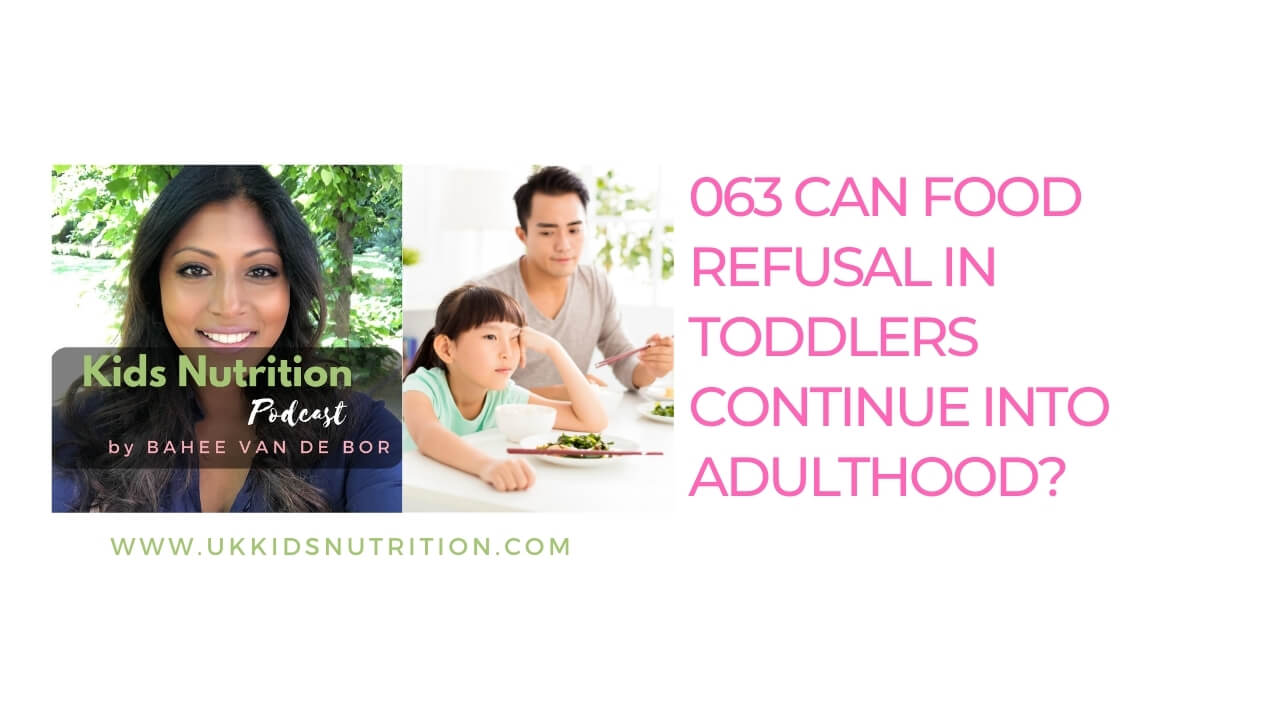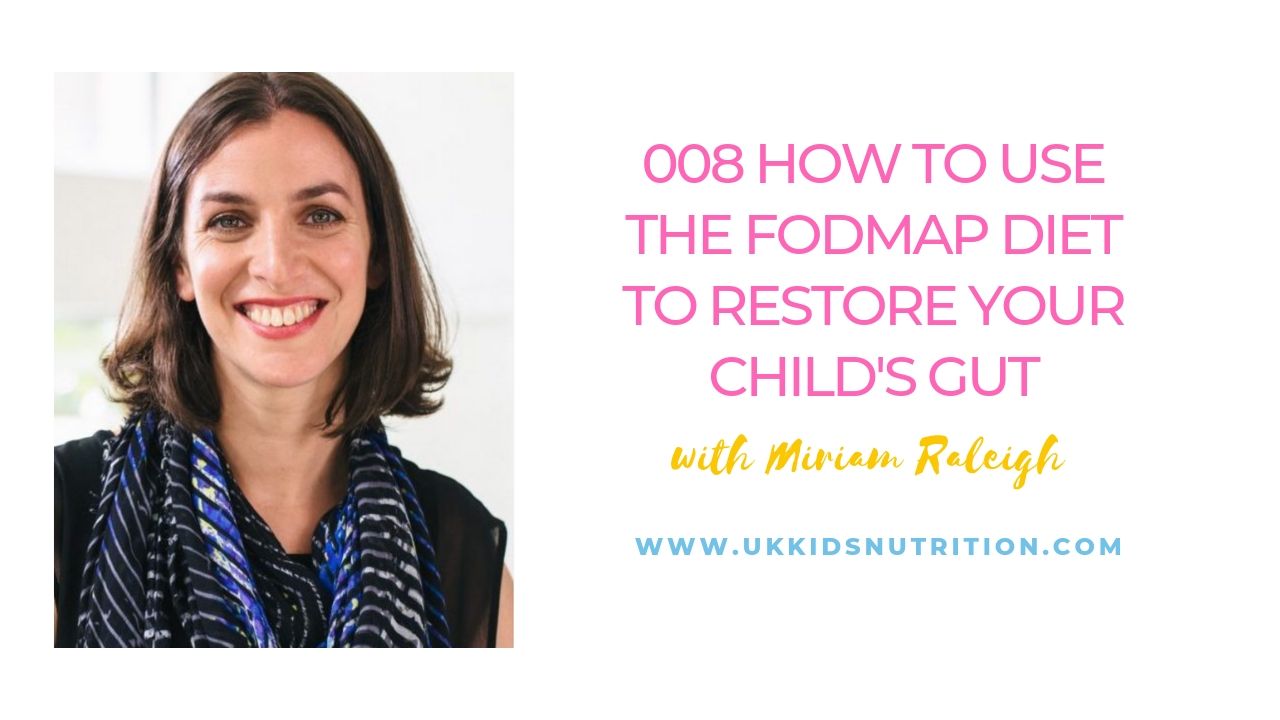Persisting food refusal in toddlers CAN continue into adulthood and there’s even scientific evidence to prove it.
But what are you supposed to do with this information if you’ve been struggling with a picky-eating child for years and you really feel stuck?
Mild picky eating in a year can is normal. But beyond that first year, what should you do when two-year-olds or three-year-olds start to refuse to eat food?
If mealtimes feel more like battles at the table and your toddler won these battles in the past, hit play on the player above to find out why you should prioritise tackling fussy eating today.
And if you’ve been struggling with finding ways to help your child try new foods, and want to tips for avoiding power struggles, then I suspect that more free information is not what you are looking for.
So if you are:
- done with making multiple meals and desperately want to see your child join in on the family meals
- Worrying endlessly about your child’s nutrition such as vitamins and minerals and just wanting peace of mind and a good night’s rest knowing you are on the right path
- Done wasting time on strategies that just don’t work and want a robust framework that will consistently help your child learn to try new foods (or even eat anything!)
- want to know how to show them good eating habits
Then you need my self-study course called Fussy Eating Solutions.
You’ll also get lots of tips on what to feed children when they are hungry, you suspect they are having too much milk and ways to encourage intake that kids will respond to positively!
Show notes:
What you need is a results-based coaching programme that helps parents as you manage and solve picky eating. You’ll no longer need to cook separate meals and worry about your child’s nutritional intake or growth.
You’ll get a clear plan on how to support your child learn to try new foods in a positive and fun way. In fact, you’ll hear Aimee, one of my students in the programme say exactly that. Although her son was 4 years old at the time, the content of the programme will help children of all ages. This includes 2 year olds to 10 year olds.
Toddler not wanting to eat
In the video you’ll hear Aimee describe how she no longer stays awake at night, worrying about her whether her toddler eats or has eaten enough. And that she now has a plan that involves her son, what to do when toddlers refuse to eat and navigating peaceful mealtimes.
As a result, meal times are much more relaxed and they are actually having fun with the process.
She’s also confident that she can now focus on healthy eating principles from the Nutrition module inside the Fussy Eating Solutions course.
Go to the Fussy Eating Solutions page and you’ll be able to watch a short 3-minute video where Aimee talks about her experience of group coaching and how her life has changed since joining.
A brand new study published in October 2021, in the Journal of Nutrition Education and Behaviour studied a group of 500 university students (of which 175 were picky eaters) and they found that the students who identified themselves as picky eaters worried about eating out with their friends.
Out of 190 participants, 38% identified themselves as picky eaters.
Participants with eating disorders or ARFID were excluded from the study.
- Worried about eating around others (an element of social phobia)
- Social anxiety about being judged for their food choices
When you look more closely at what the university students described as the difficulties with picky eating:
(1) trouble finding acceptable foods
Half of the students described challenges in finding acceptable foods to eat when eating out with others or going to a friend’s house and not having many choices. This also affected them when travelling on holiday.
(2) avoiding foods or not eating
Might avoid specific foods or characteristics of food such as the texture of foods (slimy such as seafood). Many indicated that they would either eat less or not eat at all when eating outside of the home. For example, “I used to go out to eat with friends and half of the time would just drink the water due to my picky eating”
(3) difficulties with feeders or other eaters
This resulted in conflict or disagreement with family members and friends e.g. my parents would get frustrated with me because I wouldn’t try their meals OR there were awkward comments when I couldn’t eat the same as my girlfriend and their family OR going out to a restaurant with a boyfriend or girlfriend is challenging as the person worries if they pick a fancy place there won’t be anything they can eat
(4) and excessive meal planning
Several noted behaviours such as eating in advance of events or bringing acceptable foods: “When I eat at a family or friend’s place, I have to bring snacks because I never know if they will have something I will want to eat” some participants discussed asking for separate meals to be prepared for them, trouble choosing restaurants or spending excessive time ordering fully acceptable meals: “When going out to eat it sometimes takes me a while to decide what I want or what to tell the waitress to leave off the dish”
Useful links
- If you are ready to dive deeper and you are ready to take action, then join the course, Fussy Eating Solutions, to help your little one learn to try new foods. You’ll get a robust step-by-step framework to solve picky eating so that you’ll no longer have to worry about your child’s nutritional intake or keep wasting time on strategies that just don’t work. Click here to join.
- If you enjoyed today’s show, come on over to the Facebook group ‘Kids Nutrition Podcast’ and tell me what your struggles are when it comes to feeding your child.
- And could you do me a favour, please? – write me a quick review on Apple Podcasts or Spotify (it helps to push this podcast higher in the charts so that other parents can find the show) and I can keep creating free content for you.
Common questions on food refusal in toddlers
My 2 year old won’t eat anything but snacks
If your 2 year old is refusing to eat anything but snacks, it can be frustrating and concerning as a parent. However, it’s not uncommon for toddlers to go through phases of picky eating or food refusal. There are several strategies you can try if your child refuses to eat anything.
First, offer a variety of healthy snacks that are also filling, such as fruits, vegetables, and protein-rich options like hummus or cheese. Avoid giving your child sugary or empty-calorie snacks that won’t satisfy their hunger and can lead to more food refusal. This is often the common mistake parents make for toddlers who won’t eat.
Next, involve your child in meal planning and preparation. Let them choose from a selection of healthy options and have them help with simple tasks like stirring or adding ingredients. This can increase their interest in trying new foods and give them a sense of control.
Toddler refusing to eat dinner
Another strategy is to make mealtime a positive and enjoyable experience. Avoid pressuring or forcing your child to eat, as this can create negative associations with food. Instead, focus on creating a calm and relaxed atmosphere and offering appropriate praise for trying new foods.
Making mealtimes a positive experience is how to get a child to eat when they refuse to eat.
If your child’s food refusal persists or is causing significant weight loss or developmental concerns, it’s important to talk to your paediatrician for further guidance and support.
Fear of trying new foods
In the first year of life, children go through a neophobic phase where they can become suspicious of familiar foods. It can seem like they’ve suddenly developed a new phobia of food.
This is why you might hear about babies refusing to eat. Food refusal in babies and toddlers is uncommon. When they develop a fear of trying new foods (which often feels like it happens overnight), can contribute to food refusal.
This is also the main reason why a toddler refuses to eat.
This fear can stem from a variety of factors, such as a previous negative experience with a particular food or a general aversion to unfamiliar textures or flavours.
To help your child overcome this fear, try introducing new foods gradually and in small portions. If your toddler refuses to try new food, encourage your child to explore new foods with their senses, such as smelling, touching, and even playing with the food.
This is an excellent strategy for children who refuse to eat.
Be patient and avoid pressuring your child refusing to eat as this can increase their anxiety and reinforce their fear. Remember, food refusal in children is perfectly normal, but it can take several attempts for a child to accept a new food, so continue to offer foods.
If your kid refuses to eat despite all of the above strategies, then it may be time to seek some 1:1 personalised help.
Let Me Help
Would you like to meet a children’s dietitian who has successfully helped families solve their nutrition problems from around the world?
No matter what you are worried about, I’ll help you manage these with confidence.




